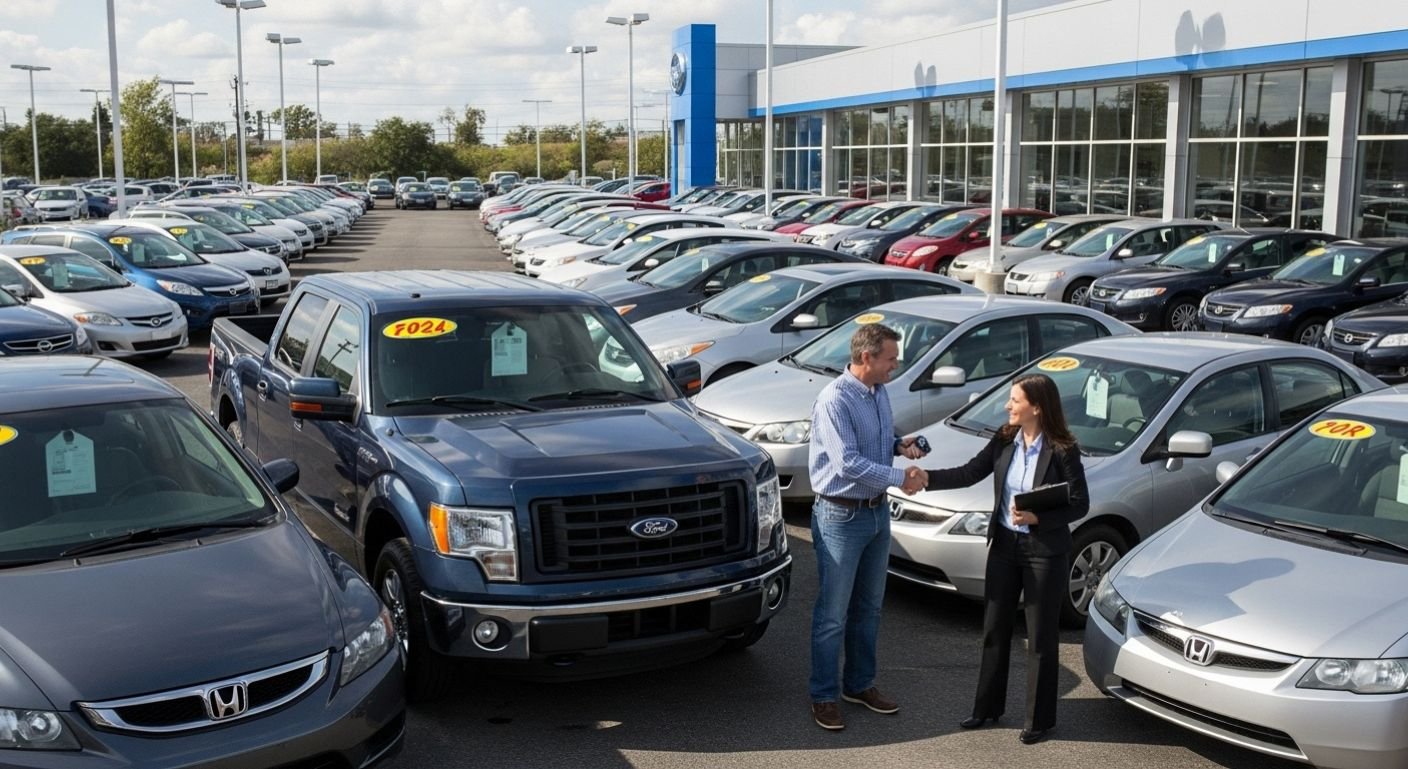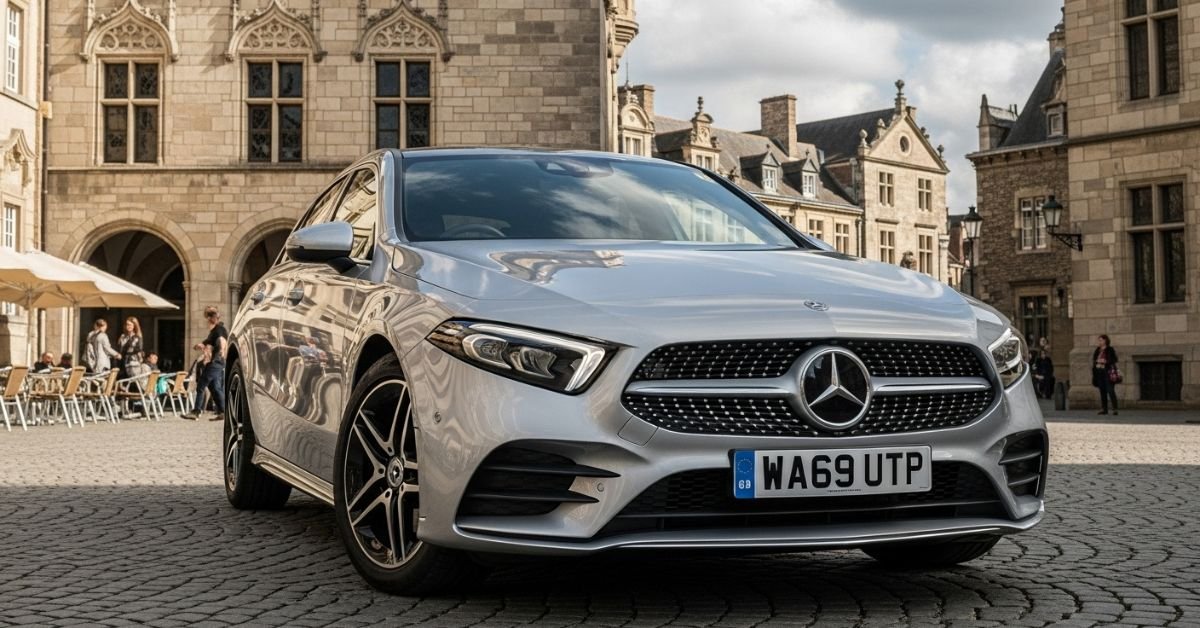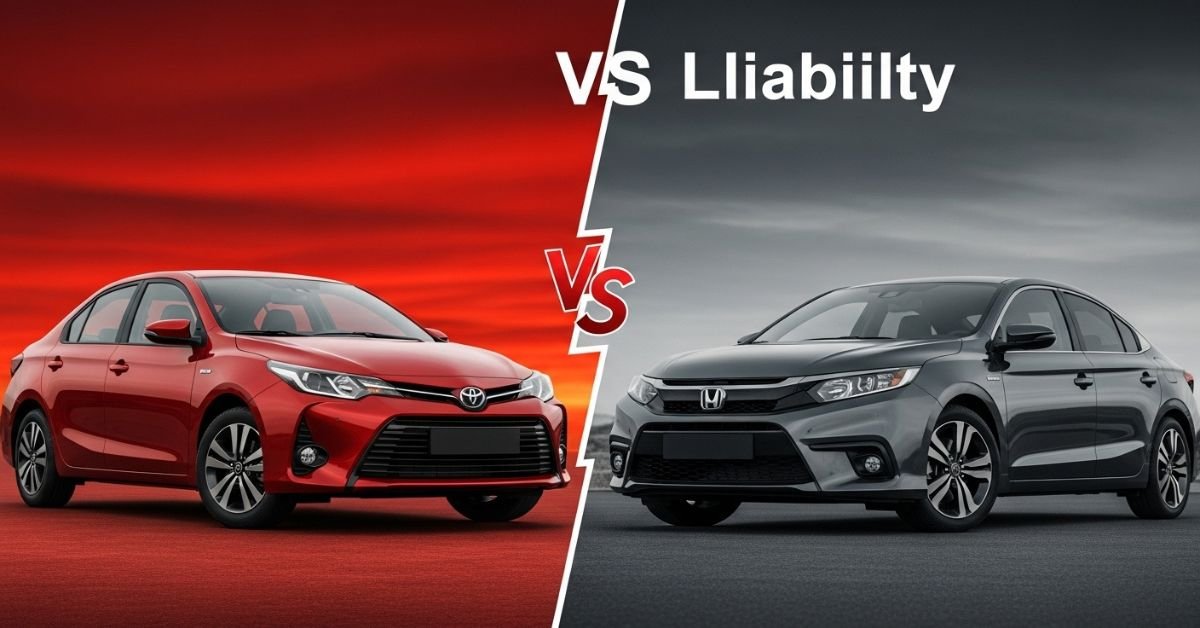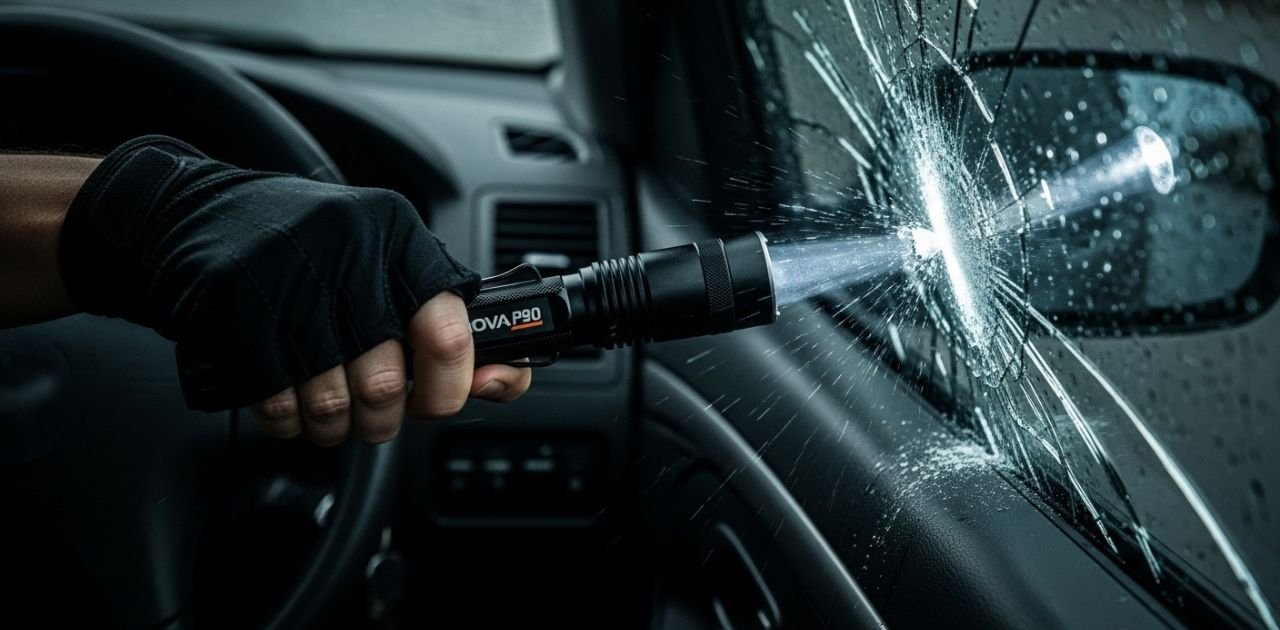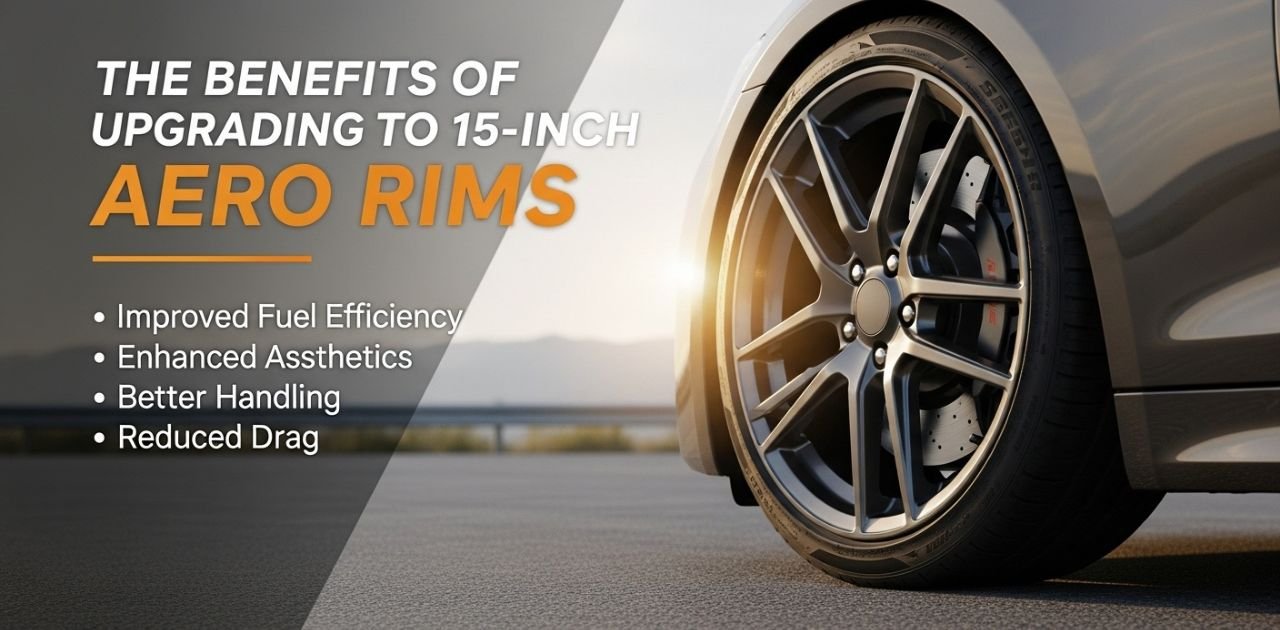Consider not just the purchase price but also ongoing expenses. These include insurance, maintenance, fuel, and registration fees. It’s essential to factor these into your monthly budget.
Research financing options if needed. Many dealers offer loans, but shop around for competitive rates from banks or credit unions. A pre-approved loan can give you an edge when negotiating prices.
Remember to leave some wiggle room in your budget for unexpected repairs or upgrades down the line. This will help prevent financial strain after purchasing your vehicle.
Stick to your budget while shopping around; it will keep impulse buys at bay and ensure you’re making a smart investment that aligns with your financial goals.
Contents
B. Reliability and Maintenance Costs
Reliability is a cornerstone when choosing a used car. A dependable vehicle ensures peace of mind, saving you from unexpected breakdowns that can disrupt your daily life.
When evaluating reliability, it’s wise to research the make and model’s history. Some brands are notorious for their longevity while others may come with frequent repair needs. Online forums and consumer reports can provide valuable insights into real-world performance.
Maintenance costs play a crucial role in your financial planning. Certain vehicles demand more expensive parts or specialized services, which can add up over time. Look for models known for low-cost upkeep and widespread availability of parts.
Keep in mind that regular maintenance records might indicate how well previous owners cared for the car. A well-maintained vehicle could save you money in the long run compared to one with an inconsistent service history.
C. Safety Features
When it comes to buying a used car, safety should be at the forefront of your mind. Every year, advancements in technology bring new features that can significantly enhance vehicle safety.
Look for cars equipped with airbags, anti-lock braking systems (ABS), and electronic stability control (ESC). These are standard on many modern vehicles but may not be as prevalent in older models.
Consider additional features like blind-spot monitoring or lane departure warnings. These tools help prevent accidents by alerting you to potential dangers while driving.
Don’t overlook crash test ratings from organizations like the National Highway Traffic Safety Administration (NHTSA) or the Insurance Institute for Highway Safety (IIHS). They provide valuable insights into how well a vehicle performs in various collision scenarios.
Prioritizing safety ensures peace of mind every time you hit the road. A safe car is an investment in both your wellbeing and that of your passengers.
D. Fuel Efficiency
Fuel efficiency is a crucial factor in your used car decision. It directly impacts your wallet and overall driving experience.
Cars with better fuel economy tend to save you money at the pump. With fluctuating gas prices, this can be a game changer for many buyers. A vehicle that averages 30 miles per gallon compared to one that only gets 20 can lead to significant savings over time.
Additionally, fuel-efficient cars often produce fewer emissions. This not only helps the environment but may also appeal to eco-conscious drivers looking for sustainable options.
Consider hybrid or electric vehicles if you’re particularly focused on fuel efficiency. They might have higher upfront costs but can pay off through lower operational expenses.
Always check the EPA ratings before making your choice; they provide reliable insights into what you can expect in real-world conditions.
Types of Used Cars
When it comes to used cars, you have several types to consider. Each option offers unique advantages tailored to different needs.
Certified Pre-Owned Vehicles stand out for their rigorous inspection and warranty coverage. These cars often resemble new ones but come at a much lower price point, making them an attractive choice.
Off-Lease Cars are another great option. They’re typically well-maintained and can be purchased after the original lease ends. This category includes many late-model vehicles that still have plenty of life left in them.
Rental Company Cars might not get as much attention, but they can provide excellent value. Often driven by careful renters rather than reckless drivers, these vehicles usually undergo regular maintenance before being sold.
Choosing the right type depends on your preferences and budget. Consider what features matter most to you as you explore your options.
A. Certified Pre-Owned Vehicles
Certified Pre-Owned (CPO) vehicles represent a smart choice for many buyers. These cars go through rigorous inspections and are often backed by extended warranties, offering peace of mind.
When you opt for a CPO vehicle, you’re typically getting a relatively new car at a fraction of the price. This means access to modern technology and features without breaking the bank.
Manufacturers set high standards for what qualifies as certified. Each car must meet strict criteria regarding age, mileage, and condition.
Additionally, buying from an authorized dealer ensures that you receive all necessary documentation. You can trust that your investment is in good hands with these pre-owned options.
For those who prioritize reliability but want to save money, CPOs offer an excellent balance of quality and affordability.
B. Off-Lease Cars
Off-lease cars are often a hidden gem in the used car market. These vehicles have typically been leased for a set period, usually around three years, and are returned to dealerships at the end of their lease term.
Since they were leased, off-lease cars generally come with low mileage. Most lessees adhere to maintenance schedules diligently, making these vehicles more reliable than others that may have had varied upkeep.
Another appealing aspect is that many off-lease cars are still under factory warranty. This can provide peace of mind when it comes to unexpected repairs.
Additionally, dealers often inspect and refurbish these cars before putting them on sale. This means you’re likely getting a vehicle that’s in good condition without needing significant work immediately after purchase.
With careful selection, an off-lease car can be an excellent choice for budget-conscious buyers looking for quality and value.
C. Rental Company Cars
Rental company cars often present a hidden gem for used car buyers. These vehicles typically have low mileage, as they are frequently cycled out of the rental fleet.
Most rental companies adhere to strict maintenance schedules. This means you’re likely getting a well-maintained vehicle that has been regularly serviced and inspected.
Additionally, many rentals come with basic features like Bluetooth connectivity and rearview cameras. While these cars may lack the luxury of higher-end models, they often provide solid reliability without breaking the bank.
It’s worth noting that rental cars can sometimes carry a stigma regarding their past usage. However, if you’re seeking efficiency and practicality over flair, this option is certainly worth considering.
Before making any decisions, research specific makes and models known for their durability in the rental market.
Also Read Related Post:
Best Car Deodorizers – Top Picks for a Fresh and Clean Ride
Researching and Inspecting a Used Car
When it comes to buying a used car, research is your best friend. Start by gathering information from reliable online resources. Websites like Carfax and AutoCheck can provide detailed vehicle history reports. These reports reveal accidents, title issues, and previous ownership.
Next, inspection is crucial. Always schedule a test drive to see how the car handles on the road. Listen for unusual noises and pay attention to how smoothly it runs.
Consider getting a mechanic involved as well. A professional inspection can uncover hidden problems you might miss during your own checkup.
Don’t forget about paperwork! Verify that all documents are in order before making any decisions. This includes service records and titles—all vital for ensuring you’re making a safe investment in your next ride.
A. Online Resources for Vehicle History Reports
When buying a used car, understanding its history is crucial. Online resources for vehicle history reports are invaluable in this process.
Websites like Carfax and AutoCheck provide detailed information about a car’s past. They can reveal accidents, title issues, mileage discrepancies, and previous ownership details. This data helps buyers make informed decisions.
Many dealerships offer these reports free of charge along with their listings. However, it’s wise to check independently as well. A small fee may be worth the peace of mind you gain from knowing your potential purchase’s background.
Additionally, local DMV websites often have tools to track registration records and recalls for specific vehicles. Utilizing these resources ensures you’re not just relying on the seller’s word but have verified facts at your disposal.
Conclusion:
Choosing the right used car can be a rewarding experience when approached with careful consideration. With numerous options available, it’s essential to weigh various factors such as your budget, reliability and maintenance costs, safety features, and fuel efficiency. Each of these elements plays a significant role in ensuring you make an informed decision that aligns with your lifestyle.
Understanding different types of used cars—like certified pre-owned vehicles or off-lease cars—can also guide you toward finding a vehicle that meets both quality and value standards. Plus, taking the time to research online resources for vehicle history reports helps ensure you’re making a smart purchase.
Remember that buying a used car doesn’t have to be daunting. Stay focused on what matters most to you and don’t hesitate to seek expert advice if needed. A little preparation can go a long way in driving away with confidence in your new-to-you ride.
